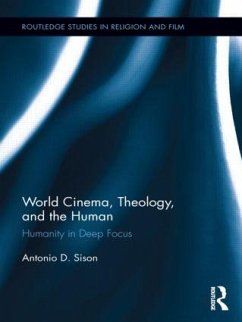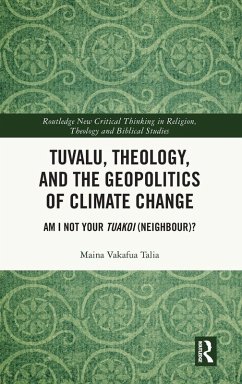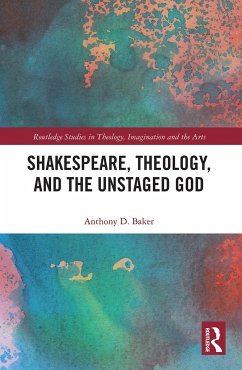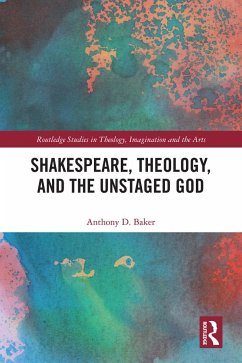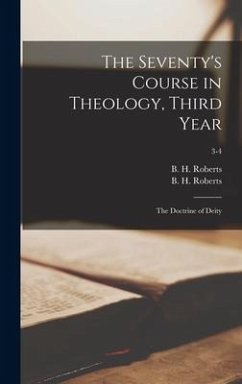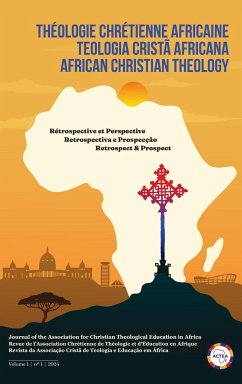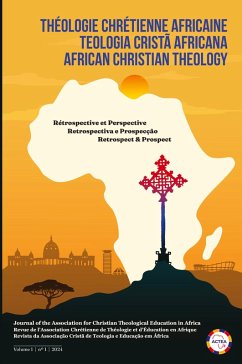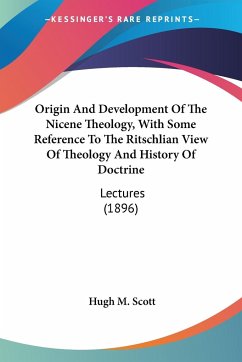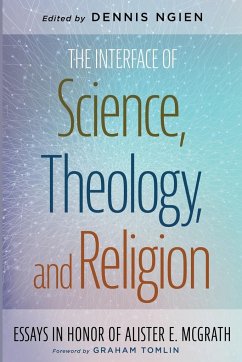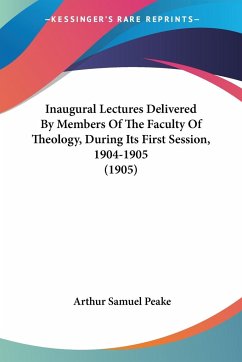
World Cinema, Theology, and the Human
Humanity in Deep Focus
Versandkostenfrei!
Versandfertig in 1-2 Wochen
180,99 €
inkl. MwSt.
Weitere Ausgaben:

PAYBACK Punkte
90 °P sammeln!
Forging an open-minded but reasoned dialogue between nine acclaimed titles of world cinema, and a range of theological perspectives that touch on the theme of human experience, World Cinema, Theology, and the Human offers fresh portals of insight for the interdisciplinary area of Theology and Film. In Sison's approach, it is the cinematic representation of vivid humanity, not necessarily propositional statements about God and religion, that lays down a bridge to a conversation with theology. Thus, the book's project is to look for the divine presence, written not on tablets of stone, but on "tablets of human hearts" depicted on screen by way of audiovisual language. Seeking to redress the interdiscipline's narrow predilection for Hollywood blockbusters, the book casts its net wider to include a culturally diverse selection of case studies-- from festival gems such as Singapore's Be With Me and South Africa's Yesterday, to widely-acclaimed sleeper hits such as Britain's Slumdog Millionaire and New Zealand's Whale Rider. The book will appeal to scholars of theology and religious/cultural studies interested in the Theology/Religion-Film interface, and, because of its commitment to an examination of film qua film, a crossover readership from film studies.
World Cinema, Theology, and the Human builds an engaging intertextual dialogue between nine acclaimed films of world cinema and a range of theological perspectives that touch on the theme of human experience. This book engages with the power of film to trigger hermeneutical impulses and theological conversation stemming from resonant humanity unfolding onscreen. However, it is film as art, not theology as normative text, which lays down a bridge to the possibility of critical dialogue. In this approach, film is emancipated from a theological agenda, and as an art form, given space to speak on its own terms in dialogue with theology.





